
Asset management plays a vital role in the retail business. It involves tracking and managing resources effectively. This process helps businesses optimize their operations. Retailers face various challenges. These challenges include managing inventory, reducing costs, and improving customer satisfaction. An efficient asset management system can address these issues. This blog explores the benefits of asset management in the retail sector.
Asset management refers to the systematic approach to managing assets. This includes planning, acquiring, and maintaining resources. In retail, assets can range from inventory to equipment and technology. Effective asset management ensures that resources are used efficiently. This leads to better financial performance.
When a retailer invests in a solid asset management strategy, it allows them to gain insights into their resources. They can see what is working and what needs improvement. This visibility is critical in a retail environment nowadays.
Table of Contents |
Inventory is a significant asset in retail. Proper management of inventory ensures that products are available when needed. It prevents overstocking and stockouts. Retailers can use a store inventory management system to track inventory levels. This system helps in real-time monitoring of stock. Retailers can make informed decisions about reordering. It reduces excess inventory and associated holding costs.
Good inventory management also leads to more accurate sales forecasting. By analyzing past sales data, retailers can predict future demand. This minimizes the risk of being left with unsold items. It also ensures that popular products are always in stock.
Effective asset management can lead to significant cost savings. Retailers can identify underperforming assets. This allows them to optimize their resources. For instance, if certain products do not sell well, retailers can reduce their investment in those items. This minimizes waste and increases profitability.
Reducing costs does not mean sacrificing quality. It means focusing on the right products and resources. Retailers can negotiate better terms with suppliers. They can also analyze their spending patterns. This helps in making informed financial decisions.
Customer satisfaction is crucial in retail. Asset management helps ensure that products are available for customers. By optimizing inventory levels, retailers can meet customer demand promptly. This reduces the likelihood of stockouts. When customers find the products they want, they are more likely to return. Satisfied customers lead to repeat business and positive reviews.
Furthermore, good customer service is enhanced by proper asset management. When inventory is well-managed, sales associates can provide better assistance. They can quickly locate products and offer suggestions. This enhances the shopping experience for customers.
Data is essential in retail. Asset management systems provide valuable data insights. Retailers can analyze sales patterns and inventory levels. This data supports better decision-making. Retailers can identify trends and make proactive adjustments. For example, if certain products are selling well, they can increase their stock. Conversely, if a product is not performing, they can reduce their order quantity.
With accurate data, retailers can also assess their marketing strategies. They can see which promotions drive sales. This helps them allocate their budget more effectively. It also allows them to invest in the right products at the right time.
Streamlined operations are essential for success in retail. Asset management simplifies processes. It helps in coordinating various functions like purchasing, storage, and sales. When retailers have a clear view of their assets, they can improve workflow. Efficient operations lead to reduced lead times and increased productivity.
For instance, a well-organized store inventory management system allows for quicker restocking. When shelves are full, it creates a better shopping experience. It also leads to higher sales as customers see the products they want.
Retailers face various risks. These include supply chain disruptions and changing customer preferences. Asset management helps mitigate these risks. By keeping track of assets, retailers can anticipate potential issues. They can develop contingency plans to address these risks. For instance, if a supplier faces delays, retailers can have alternative suppliers ready.
Additionally, asset management aids in identifying potential financial risks. Retailers can monitor their cash flow and ensure they do not overextend themselves. This proactive approach helps maintain stability.
Profitability is the ultimate goal of any business. Effective asset management directly impacts profitability. By optimizing resources and reducing costs, retailers can increase their bottom line. When assets are managed well, retailers can allocate resources more effectively. This leads to improved sales and reduced operating expenses.
Retailers can also benefit from higher sales volumes. When products are available and well-promoted, customers are more likely to buy. This combination of efficiency and availability drives profitability.
Collaboration is vital in the retail sector. Asset management encourages teamwork among departments. With a unified system, various teams can access asset data. This promotes transparency and communication. When teams collaborate, they can address issues more effectively. This leads to a more cohesive approach to managing assets.
For example, sales teams can communicate with inventory managers. They can share insights on customer preferences. This collaboration helps in adjusting inventory levels accordingly.
As retail businesses grow, their asset management needs evolve. A robust asset management system can scale with the business. This adaptability is essential for online retailers looking to expand. Whether entering new markets or adding product lines, effective asset management supports growth. Retailers can manage assets across multiple locations efficiently.
Scalability ensures that retailers are prepared for future challenges. As the market changes, they can adjust their asset management strategies accordingly. This flexibility is crucial in staying competitive.
Sustainability is increasingly important in retail. Consumers prefer online retail businesses that prioritize sustainability. Asset management can support sustainable practices. By optimizing inventory levels, retailers can reduce waste. Efficient resource use contributes to a smaller environmental footprint. This aligns with consumer values and can enhance brand loyalty.
Retailers can also implement sustainable sourcing practices. By managing their supply chains effectively, they can choose environmentally friendly suppliers. This not only reduces their carbon footprint but also attracts eco-conscious customers.
If you are looking for an effective asset management solution for better management, try Genic Assets Management Software Solutions!
Asset management is essential for retail success. It improves inventory control, reduces costs, and enhances customer satisfaction. Moreover, it supports better decision-making, streamlines operations, and mitigates risks. Retailers can increase profitability through effective asset management. This process encourages collaboration and scalability. Furthermore, it promotes sustainable practices.
Overall, asset management is a critical component of a successful retail strategy. Embracing asset management can lead to long-term success for retailers in a competitive market. By implementing these strategies, retailers can better position themselves for future growth and sustainability.
Articles you might like
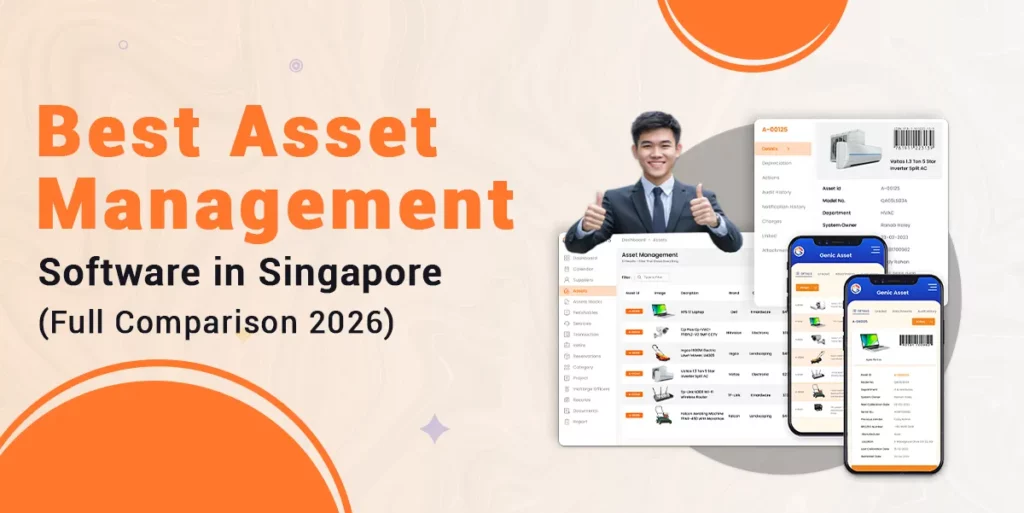
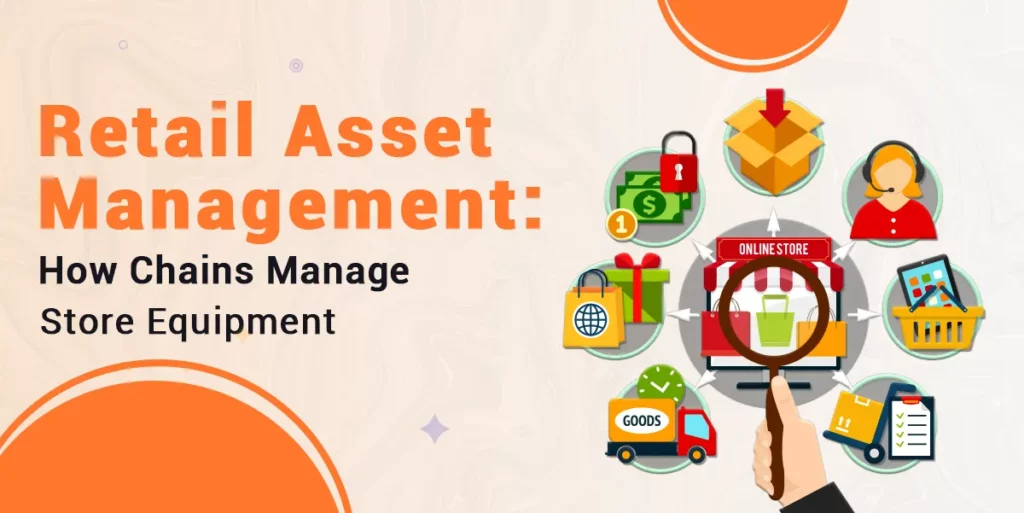

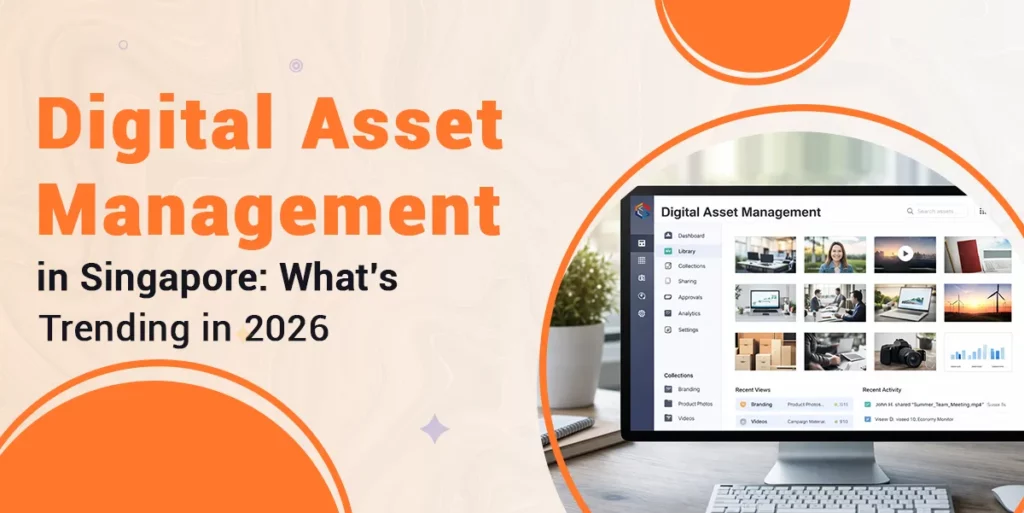
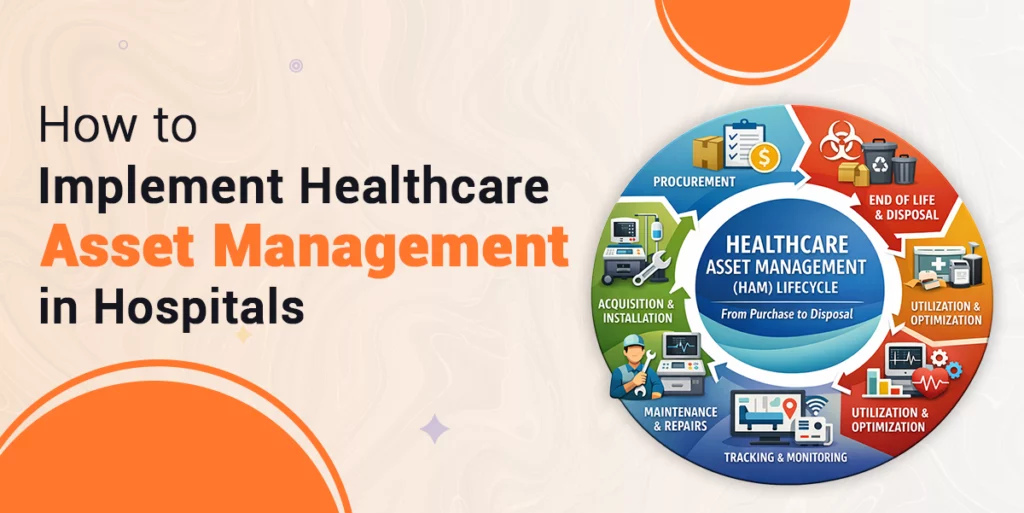
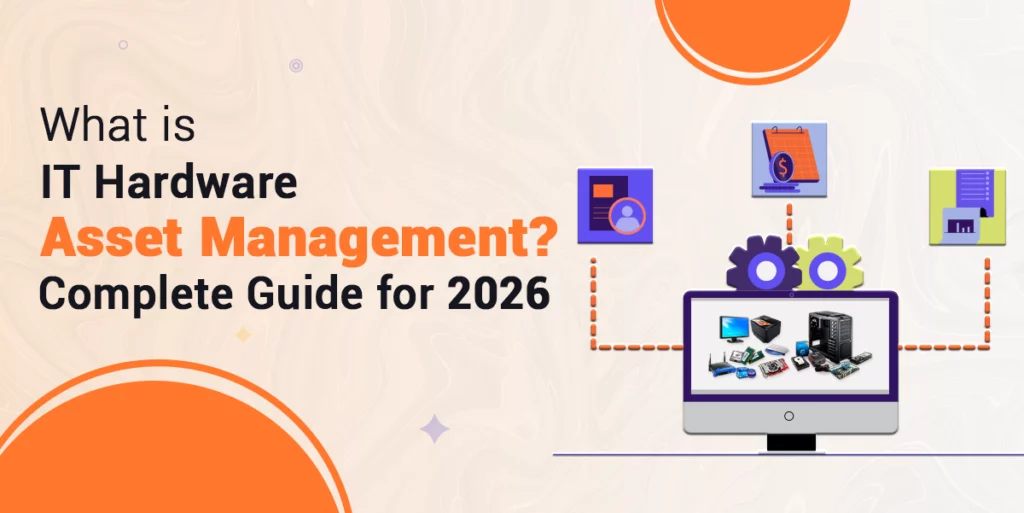
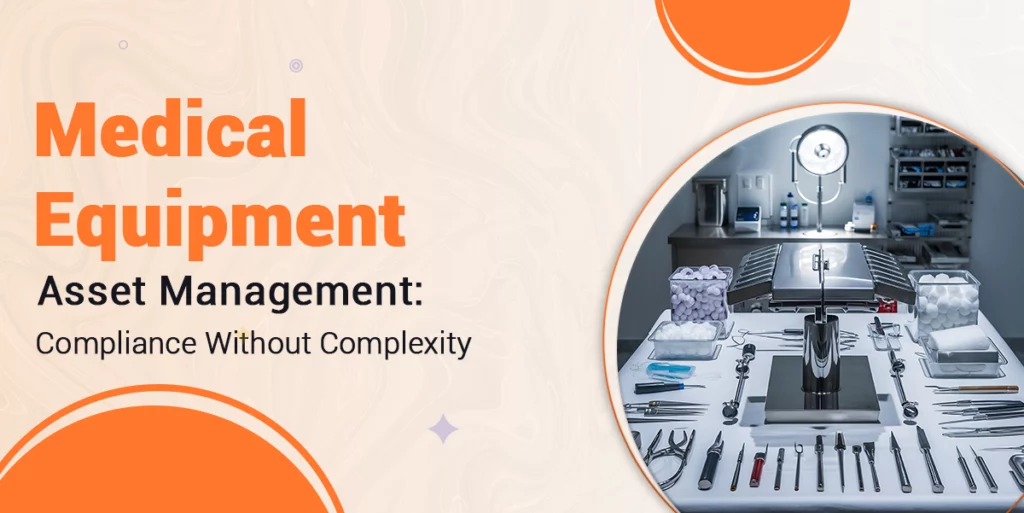


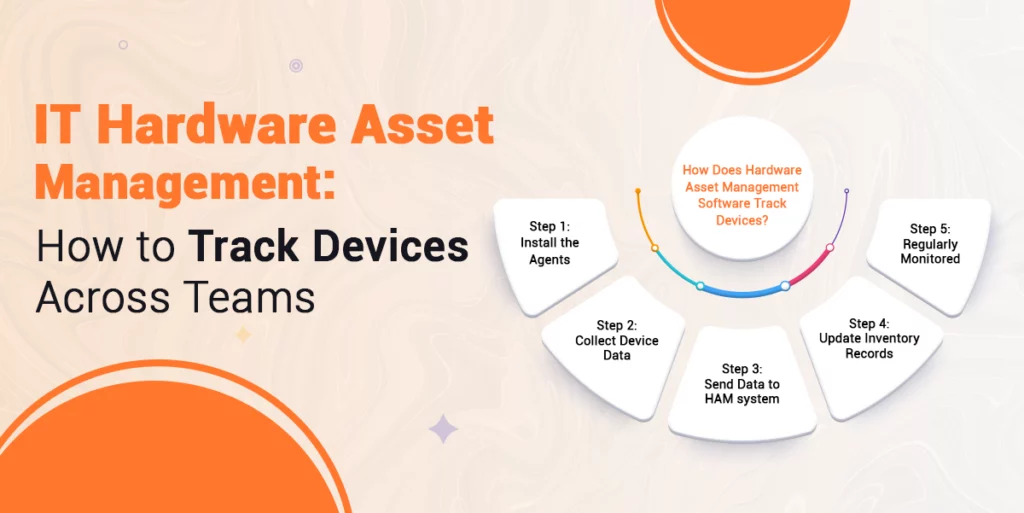
Genic Assets provide complete visibility, traceability, and accountability of your assets!
Get Started






